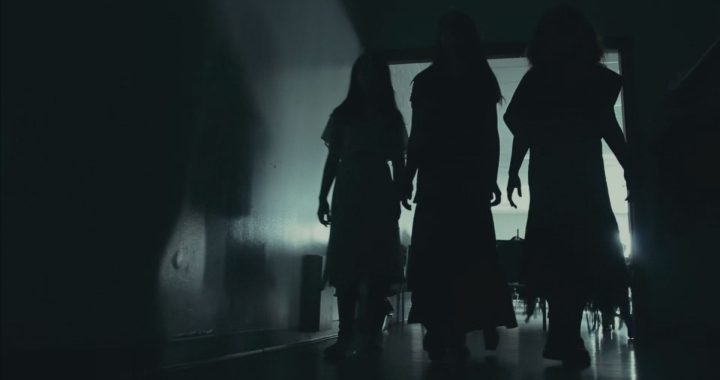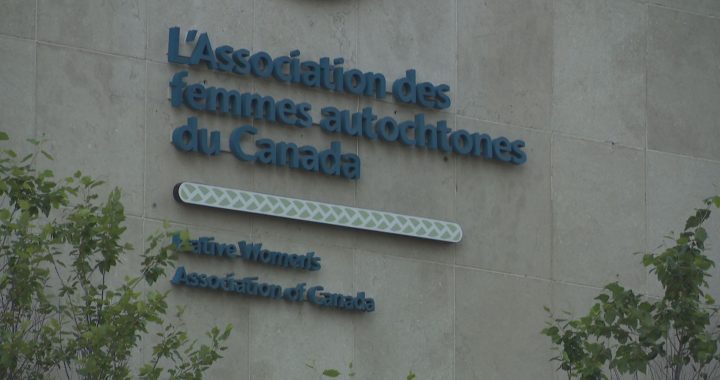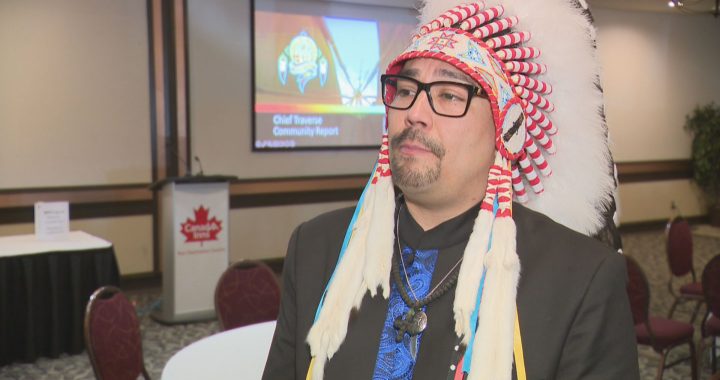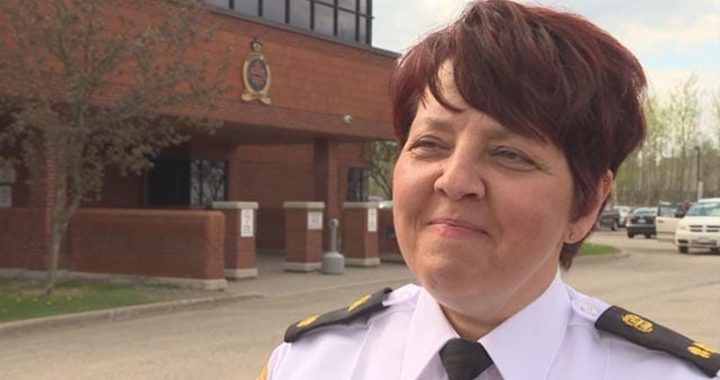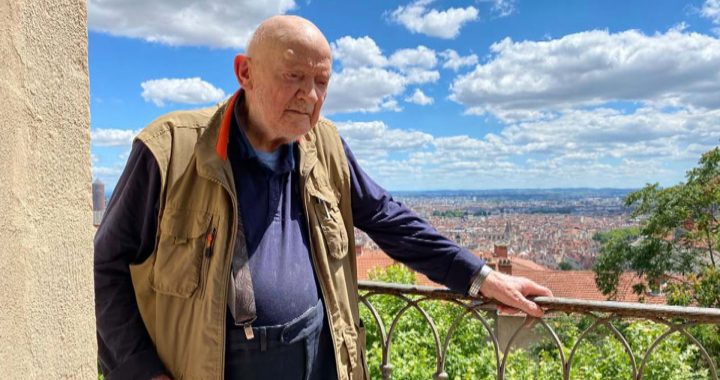Former staff members of Siloam Mission, which helps the homeless in Winnipeg, are speaking out against the Christian organization saying the centre has neglected the spiritual and cultural needs of the Indigenous people they serve.
A new online group called Not My Siloam has started an online campaign to advocate for change within the mission.
The group has pages on both Instagram and Twitter.
The group would like to see Siloam Mission CEO Jim Bell resign along with a reorganization of the board members.
Kara Von Riesen is one the supporters of the group who left the mission on New Year’s Day.
“Siloam Mission does do great work. We have really great staff, and terrific programs that can certainly help people that are experiencing homelessness. Our goal really is to remove people who create barriers to pathways to healing,” Von Riesen told APTN News.
Siloam Mission is a Christian humanitarian organization that provides shelter, food and clothing to the city’s homeless.
However, Von Riesen says she left because she did not feel the organization was committed to reconciliation.
“I didn’t feel comfortable receiving an income to serve and help people when I found that clear pathways to help and healing were being undermined and subverted. So I didn’t want to work for an organization that wasn’t committed to reconciliation and therefore I wanted to use my voice to bring light to these issues,” Von Riesen says.
According to the latest available data, which is from 2018, Winnipeg’s homeless population is made up of roughly 66 per cent Indigenous people.
Delvina Kejick was the former part time spiritual care coordinator at Siloam.
She says with the amount of Indigenous people who access Siloam – more opportunities for Indigenous care needs to be provided.
“When you have institutes of any kind and you know resources are with held or there’s not places for us to be able to provide our own healing and you know, and to provide their own healing too,” says Kejick.
“You know then to me, that’s the time, this is the time now that we need to make that change.”
APTN News reached out Siloam Mission for an interview. Instead it provided APTN with a statement, which can also be found on their website.
Part of the statement from CEO Jim Bell reads, “In acknowledging that mistakes have been made, we have accepted an invitation to begin a collaborative conversation in an effort to walk a path together toward resolution on these important matters.”
Siloam Mission signed on to the Winnipeg Indigenous Accord in 2017. The Accord is a tool for organizations and individuals to learn and share ways to support reconciliation.
The mission however has not followed up with any written follow-ups and updates. Something they say was an oversight on their part.
Smudging has also been cancelled at certain public events but the mission says those decisions are not meant to diminish the significance of these traditions, and they also apply to public prayers and other cultural and spiritual traditions.
Sierra Noble is a former communications officer at Siloam Mission who believes reconciliation should be at the top of mind for those in charge of the organization.
“Reconciliation is of the utmost importance and most organizations have signed on or expressed that they are committed to reconciliation, but words mean nothing without actions. And constantly reviewing your practices and seeing what else you can be doing to further reconciliation is really important. When you stop doing that you are working against reconciliation.”
The organization says a cultural competency evaluation is underway and it will be made available to the public once completed.
Siloam Mission also has commonly asked questions on their website regarding the recent concerns that have been raised.
Correction: APTN News reported that Kara Von Riesen was a co-founder of the Not My Siloam group. She is a supporter.




